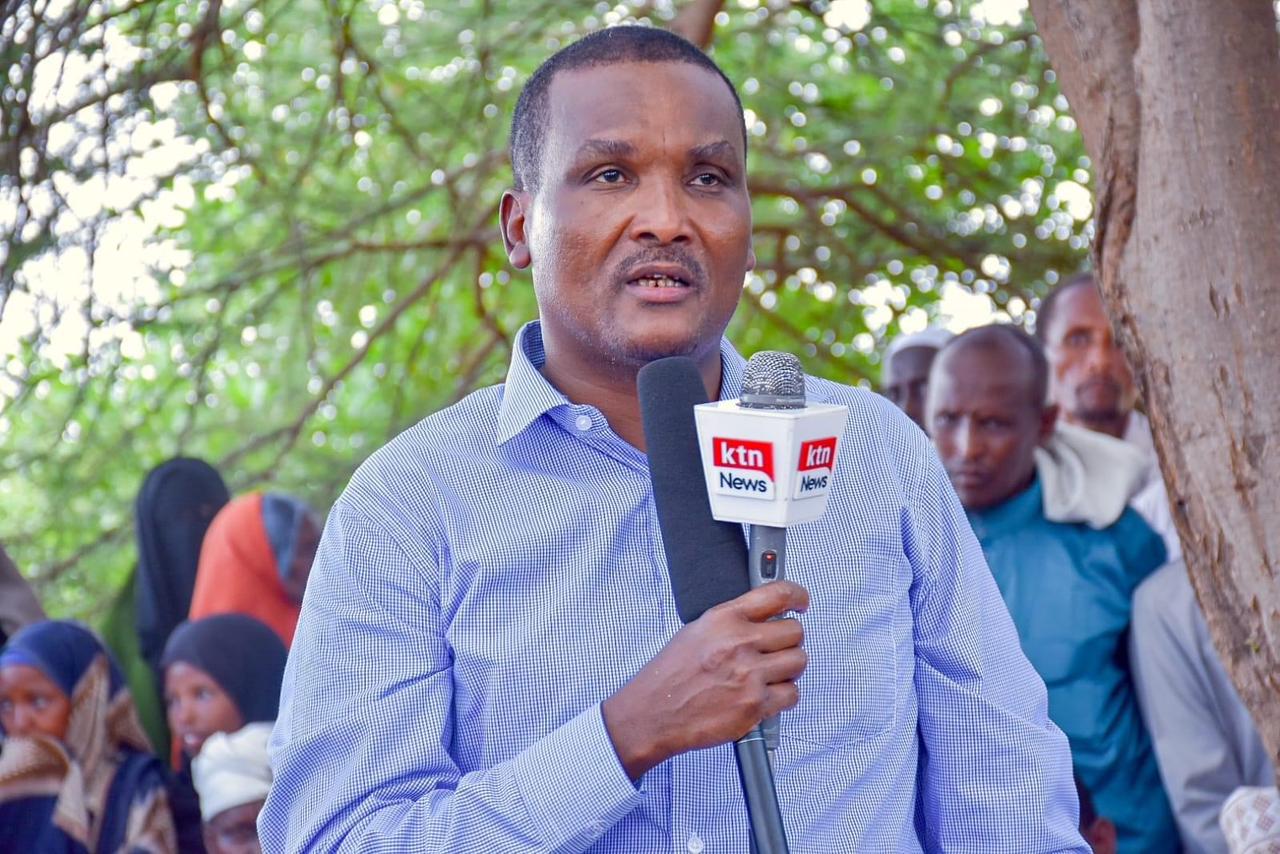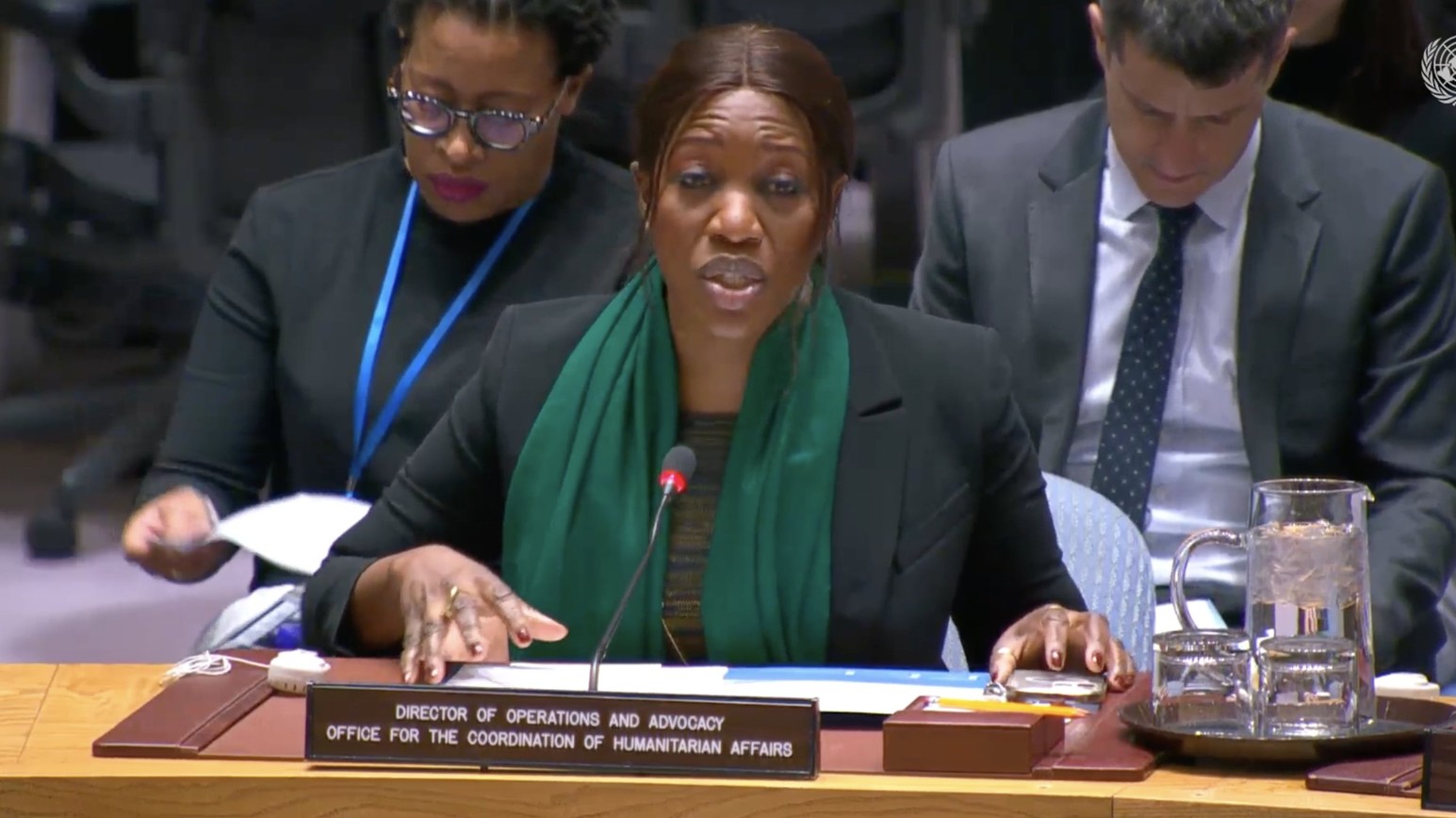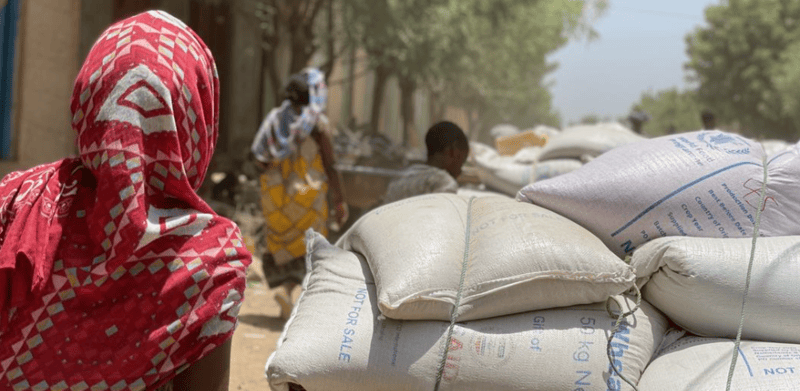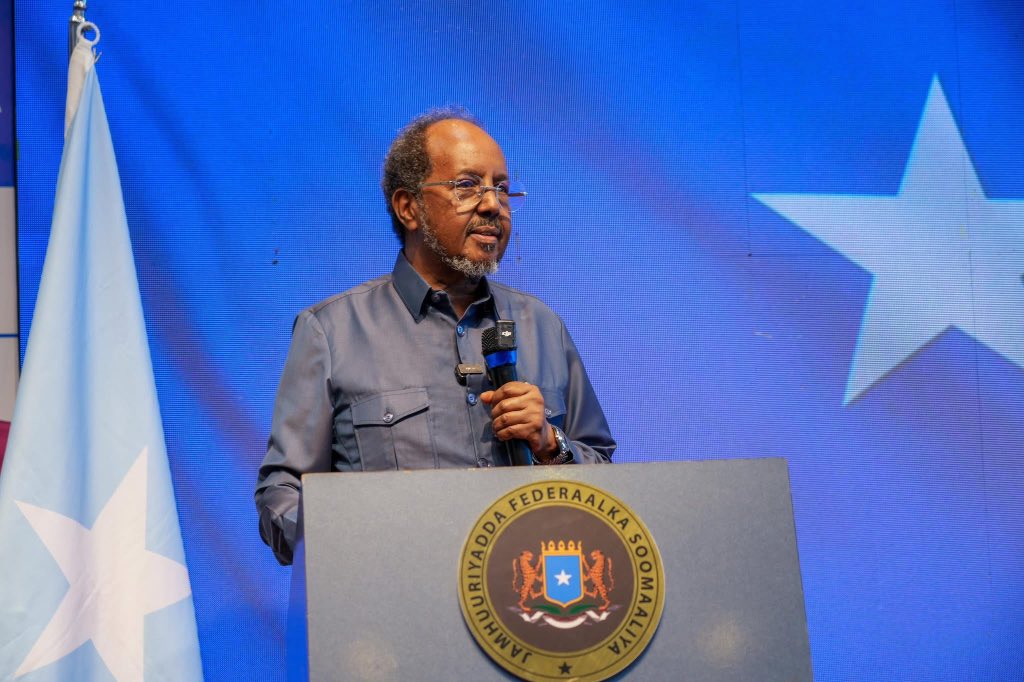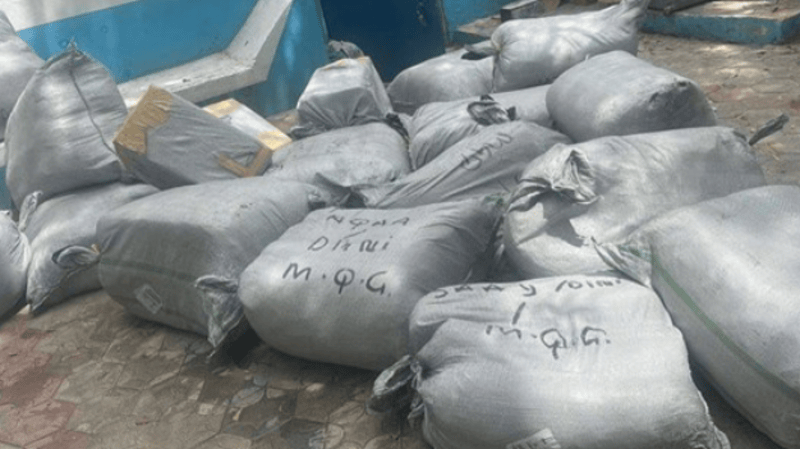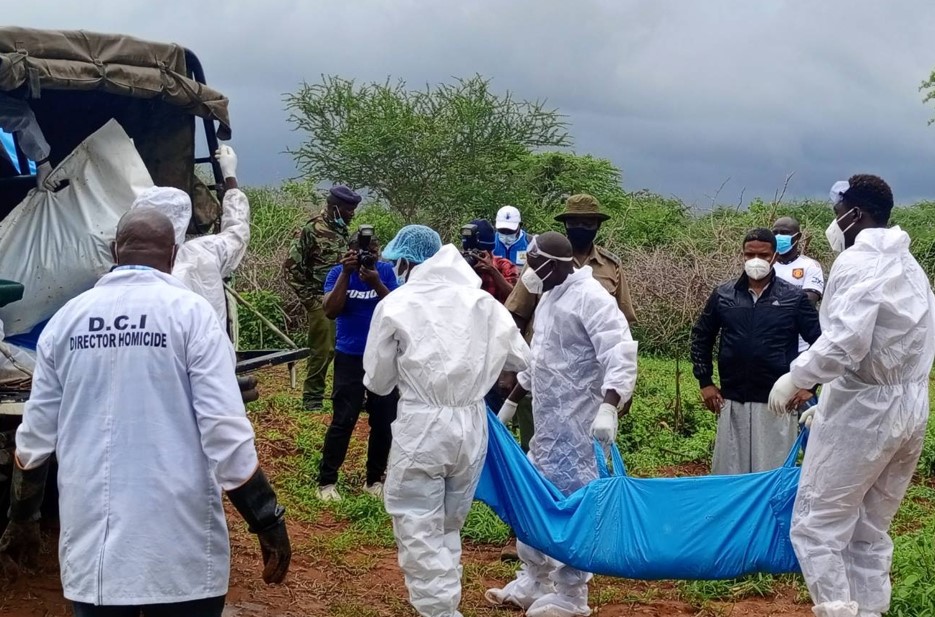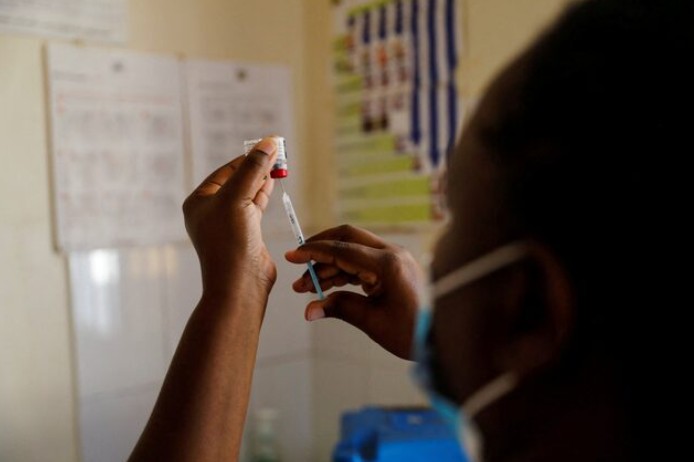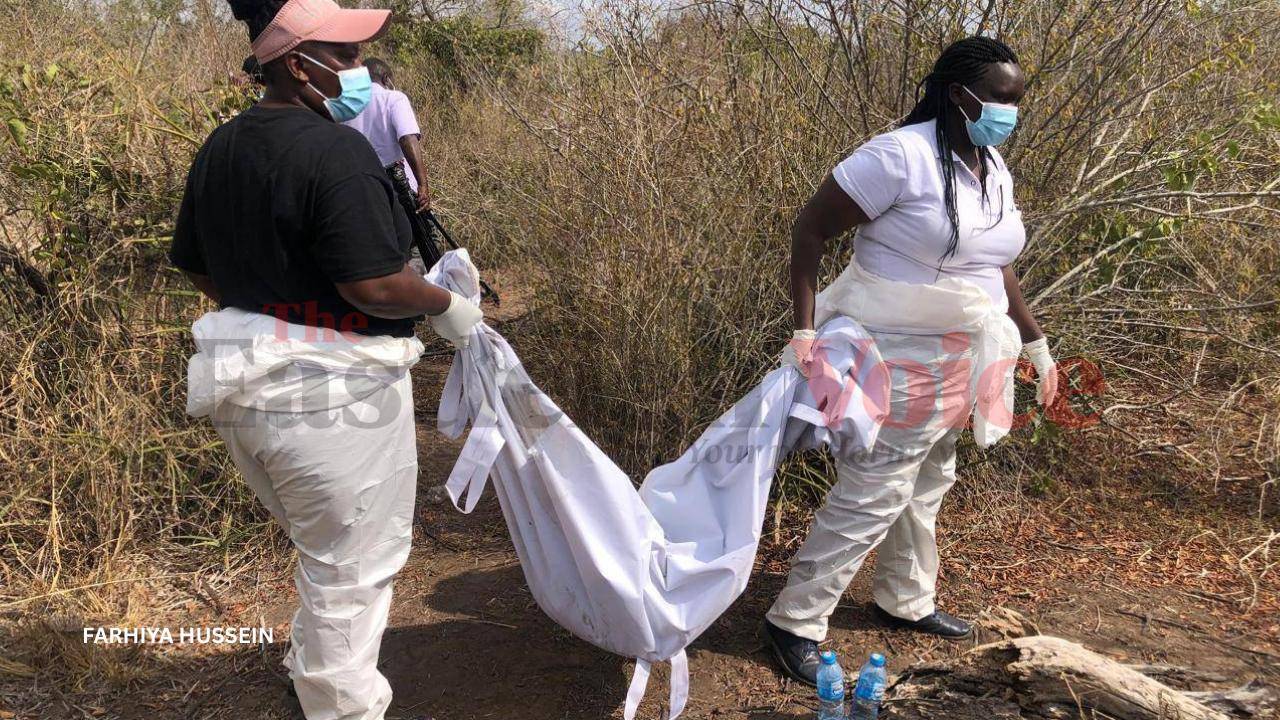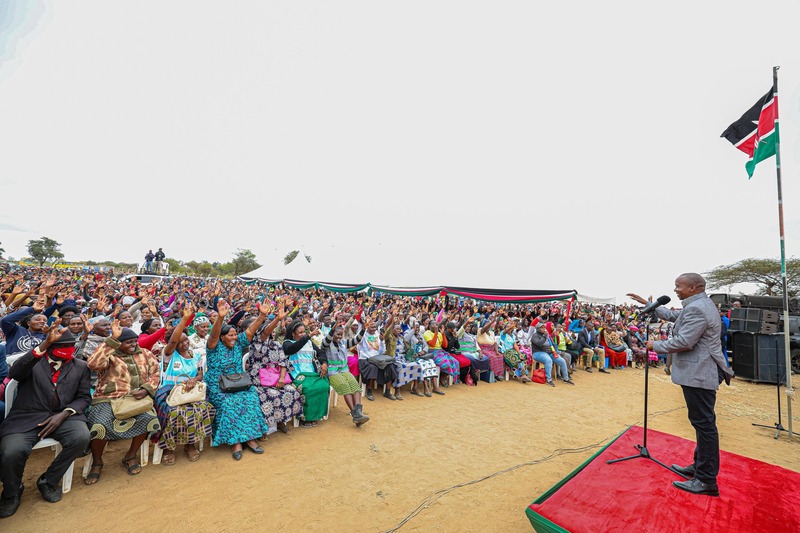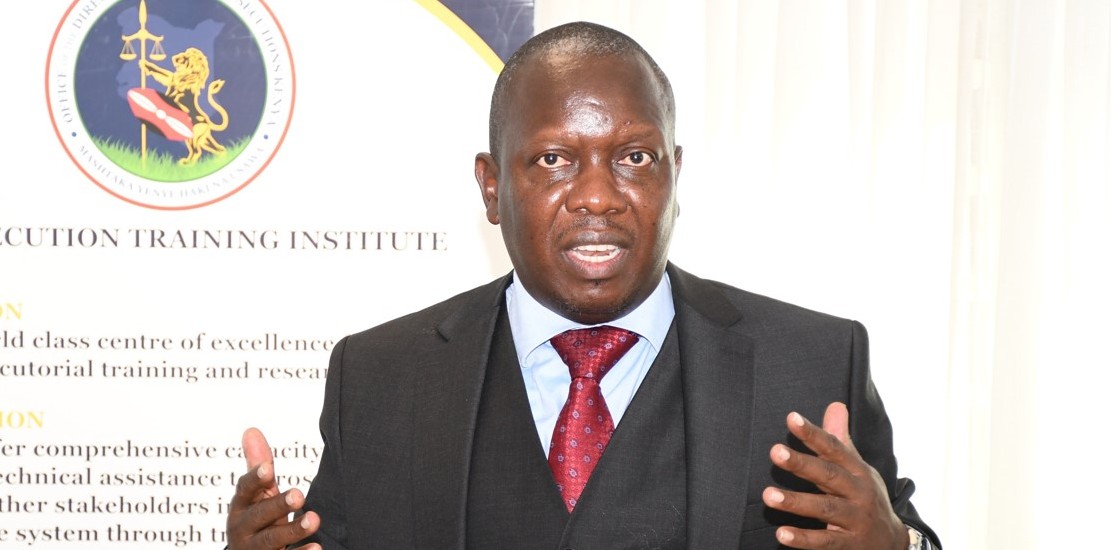Kenya's non-profit sector faces medium to low terror financing risk - Report
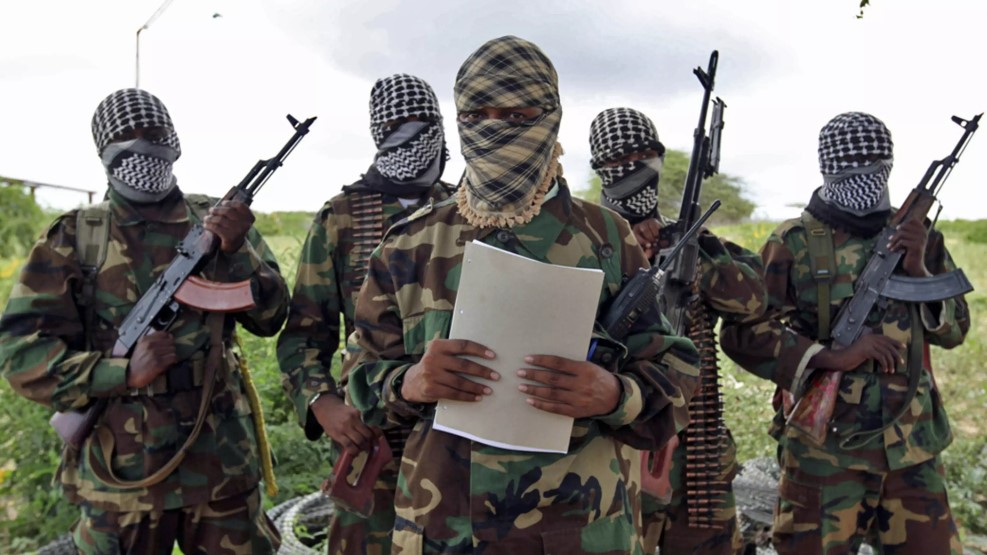
An assessment of terror financing threats among Non-Profit Organisations (NPOs) in Kenya indicates that they face a medium to low risk of misuse.
According to the report titled "Terrorism Financing Risk Assessment for Non-Profit Organisations in Kenya," the primary terrorism financing threat in the country remains Al-Shabaab. Organisations near Kenya's border with Somalia face a heightened threat level due to proximity to areas with an active terrorist presence.
More To Read
- What should Trump’s policy towards Somalia be?
- World marks UN day honouring victims of religion-based violence
- UN calls for unity, support on day of remembrance for terrorism victims
- US offers Sh1.3 billion reward for information on ISIS-Somalia financial networks
- Why Kenya is seeking external support for counter-terrorism operations in Somalia
- Woman killed, daughter injured in Mandera explosion near Kenya-Somali border
"There is no known public evidence of terrorism financing abuse involving NPOs in Kenya. However, there is a plausible terrorism financing threat, and the assessment identified reasonable concerns about potential inherent vulnerabilities for NPOs.
The most significant of these concerns relate to NPOs operating in or near areas with active terrorist activity. Additionally, there are concerns regarding NPOs whose activities or locations expose them to communities or individuals sympathetic to terrorist groups," the report states.
This is largely attributed to the Al-Shabaab terror group, which is based in Somalia and remains the most active terror organisation impacting Kenya.
"Al-Shabaab thrives in ungoverned spaces within Somalia, meaning that threat levels in Kenya are highest in areas near the border with Somalia. However, a degree of threat exists across the country as Al-Shabaab has demonstrated the ability to launch attacks, recruit supporters, and facilitate activities within Kenyan borders," the report adds.
The report notes limited consensus among experts on the nature of the threat, particularly in the absence of direct evidence of terrorism financing abuse of NPOs in Kenya.
The assessment, however, identified four potential mechanisms for terrorism financing through the misuse of NPOs.
The militia may also exploit the organisation's operations to conceal the movement or distribution of its funds.
It also noted that a diversion of legitimate NPO resources to terrorism actors, either intentionally, unintentionally, or under duress was possible as well as the risk of the development of an operational relationship with an NPO or individuals with an NPO.
The risk assessment was commissioned by the government to assess the level and nature of the terrorism financing risk to non-profit organisations in line with the recommendations by the Financial Action Task Force (FATF).
The assessment was led by a Technical Group comprising the Public Benefit Organisations Regulatory Authority (PBORA), formerly the NGOs Co-ordination Board, Financial Reporting Centre (FRC), Muslims for Human Rights (MUHURI) and the Kenya National Civil Society Centre (KNCSC).
The assessment on organisations within the categories of Non-Governmental Organisations (NGOs), International (Foreign) NGOs, Community-Based Organisations, Companies limited by guarantee, Faith-based organisations under the Societies Act and public benefit trusts engaged in fundraising.
Recommendations
The report recommended that the PBO Authority develop mechanisms to identify the specific NPOs that are potentially 'at risk' of terrorism financing.
Review current registration and reporting systems for Companies Limited by Guarantee (CLGs) to assess whether they can identify CLGs that fall within risk categories.
The PBO Authority should foster seamless collaboration with other relevant government agencies involved in the investigations of terrorism financing while also ensuring monitoring and oversight activities relating to NPOs under their jurisdiction.
At the same time, concerned agencies were urged to develop a comprehensive, sustained, and targeted programme of outreach and engagement with NPOs to mitigate potential terrorism financing risks as the organisations develop additional self-regulation measures to counter potential terrorism financing risks.
The report shows that Kenya has 18,054 registered entities that fit the category of an NPO, 97 per cent of which are CBOs.
"At the time of writing, there are over one million registered CBOs, with 60,000 CBOs registered in the year ending December 2022. CBOs are mainly small and local, although some grow larger in size and scope. Larger CBOs may convert to NGOs for additional funding opportunities," adds the report.
It further cautions social justice centres to formalise their legal status by registering as CBOs, NGOs, INGOs, CLGs, and trusts combined make up three per cent of FATF NPOs in Kenya.
"At the time of writing, authorities reported 13,052 NGOs registered with the PBORA, of which 3,257 are International NGOs registered with the PBORA; 2,552 CLGs registered with the Business Registration Services and 2,450 trusts are fundraising and public benefit,"
While the government is largely able to track the income of NGOs, their lack of filing tax returns by many organisations means a number of the transactions or activities done by several NPOs cannot be tracked.
The report indicates that there is no official data on the income of CBOs, FBOs, CLGs or trusts.
In 2013, the Intergovernmental Action Group against Money Laundering in West Africa in collaboration with FATF published a report that identified abuse of NPOs as an avenue for terror financing.
Top Stories Today

